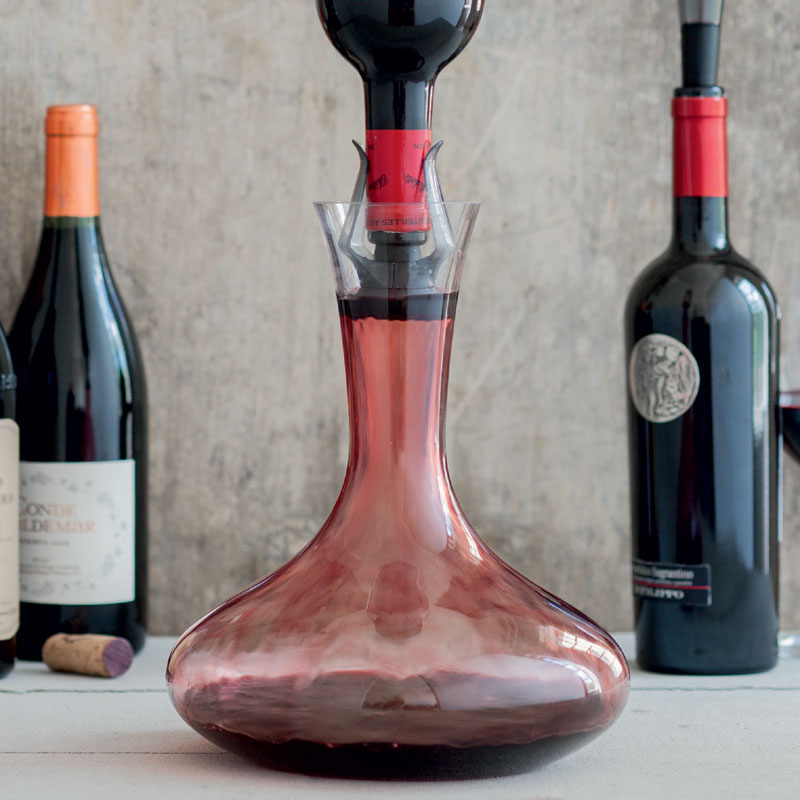This familiar situation is known to everyone – you have good friends round to dinner, and you have to attempt to figure out a starter, a main course and a dessert that you know will suit everyone. If they are good friends you’ll already know which foods they like, the ones they don’t or even those they aren’t able to eat for whatever reason. Familiarity is good. The food selections, purchases and preparations typically go smoothly and without any hassles because everything is orderly and done correctly. Nothing is left to chance or left to the last minute.
When it comes to the various wines that are to be served with the dinner, these should also be given considerable care and attention and should also not be left to the last minute.
The best routine for the wine is to think about it with a few hours to spare. Try and match the wines with what you know your guests have enjoyed in the past. Select those that should go with the food that’s served. The main course is usually the most important for obvious reasons, but this should not be at the expense of the wine to be served with the starters or dessert.
Whether the wine for the main course is of relatively recent vintage or is even getting on a bit in years, it is worth decanting the wine at least a couple of hours before the dinner is to be served. Suppose an older wine is to be poured. It may be necessary to use a strainer to filter any sediment built up over its lifetime in the bottle. With the wines from more recent years, simply just pouring the wine into a decanter or similar receptacle enhances the aromas and flavour.
You often hear about ‘letting the wine breathe‘, but is this strictly correct? What you are doing is allowing the air to get at the surface of the wine. Agitating or swirling the wine whilst in the decanter, allowing the wine to oxidise slightly. A few hours before dinner, it warms up slightly, which again enhances the flavour. It has become fashionable recently to drink red wines more chilled. However, this method doesn’t offer the same flavours or enjoyment as a little warmer.
The wines to be served with the dessert or cheese (or both), usually sweet or ‘sticky’ wines, benefit from a period in the fridge before the meal, not too long, so they aren’t too cold but just enough. Hence, they complement the typically sweeter or savoury final course.
Get yourself into a pre-dinner wine routine. You, your guests and your wines will appreciate it!
